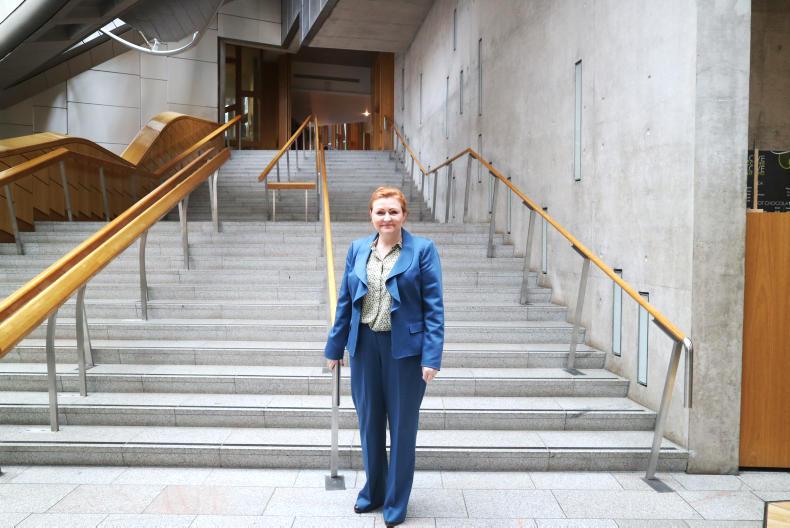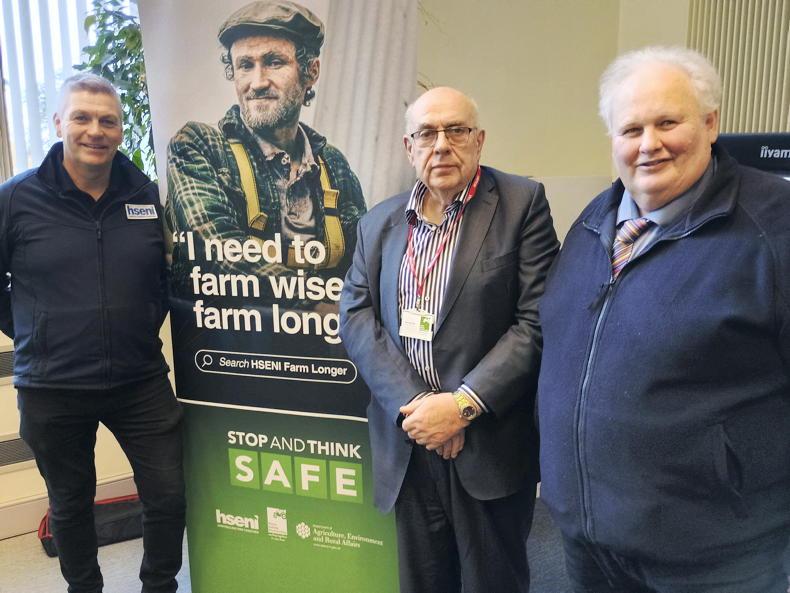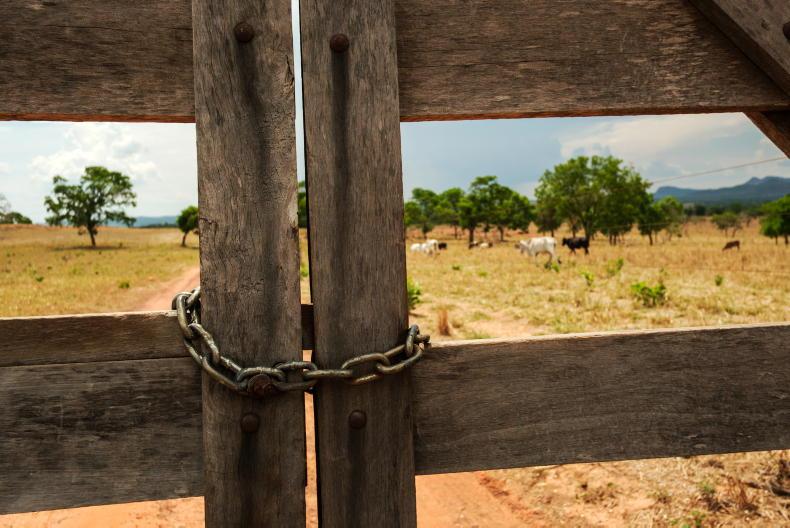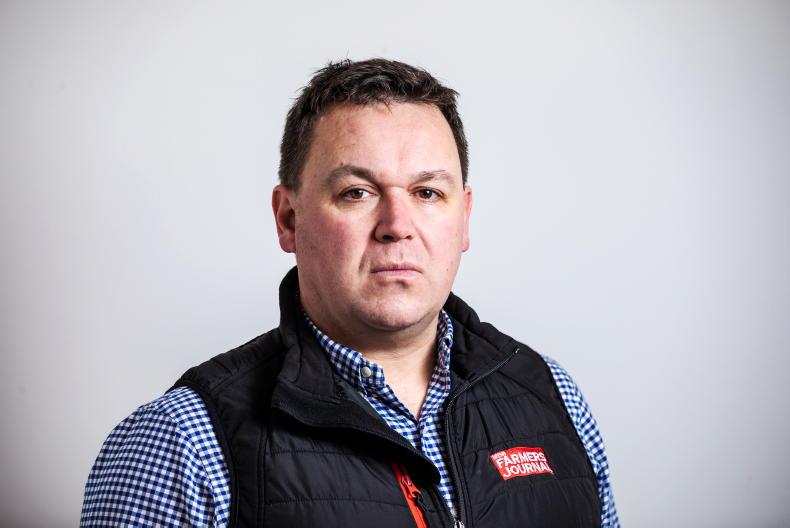What started as a routine visit for Emma Harper MSP led her to launch a campaign calling for farmers to take action to ensure better safety on their farms.
While visiting people who have suffered serious head injuries last year, Emma discovered that many farmers and people in rural communities received head injuries that could have been prevented had they been wearing a helmet while on their quad bikes.
Emma said: “When I met Owen Fielding, manager for the Compass Brain Injury Specialists [CBIS], I was just on a visit as that’s what you do when you’re a former nurse.
“The visit led me to launch a wider discussion and looking at why farmers don’t wear helmets.”
“The bottom line is we are trying to reduce the risk of head injury,” Emma added.
Emma joined Scotland’s Rural College (SRUC) as they promoted quad bike safety at their stand at the Dumfries and Lockerbie Agricultural Show last August.
Emma also launched her own campaign that month with CBIS called #hingyerhelmet, encouraging farmers to wear helmets when on their quad bikes to reduce the risk of preventable head injuries.
The #hingyerhelmet campaign has been supported by various organisations who also wish to highlight the importance of farmers taking steps to increase their safety, including SRUC, NFU Scotland and the National Sheep Association (NSA).
Emma said: “I spoke at the NSA dinner on 14 February. This is really pertinent to sheep farmers at this time of year with lambing.”
Emma’s campaign has also attracted support from the Yellow Wellies campaign, part of the Farm Safety Foundation which is a charity created in 2014 by NFU Mutual with the aim of reducing the number of farming accidents.
By November last year working together Emma and Owen Fielding announced the creation and release of an online survey made up of 10 questions for farmers to respond to. The survey looked at any potential reasons why farmers didn’t wear a helmet and asked them to consider consequences and potential implications that the loss of their business could bring about.
The survey ran for three months and the next step will be to see what the data gathered from the survey reveals and what can be done to reduce the number of head injuries and encourage more farmers to pick up their helmets.
Emma has been given a wide range of reasons why farmers are choosing to leave their helmets behind.
“It doesn’t fit. It’s too hot, it’s too cold. And one said ‘I cannae whistle on ma dug’.”
She added: “Some of the guys said they couldn’t wrangle a sheep with a helmet on. But when one of them was head butted by a sheep he said he was glad to have been wearing a helmet.”
On average, there are around 1,000 preventable head injuries in Scotland each year. Emma now wants to uncover how many of those head injuries are a direct result of using a quad bike.
She said: “We’re working with the NHS to get a baseline.
“And we’re working with Logic who have designed a special helmet for us. A £20 helmet can save your life.”
Speaking about her campaign’s promotion at events such as the recent Women in Agriculture event, Emma said: “Women of course are the voice the reason.
“If we can have kids see their parents using helmets. If we engage in kids, engrain that practice as if it’s normal.”
Helping with dyslexia
It’s not just physical safety on farms that Emma is campaigning on. She is also concerned about the high numbers of people in the rural sector who are said to have dyslexia.
Emma explained it is said around one in 10 people in Scotland have dyslexia, but many think that number may be higher and there are reports that around 25% of farmers are dyslexic.
“Because of rural payments being online, it can be hard for farmers and as adults they have to pay for their own diagnosis.”
Emma added: “I’m looking at whether maybe we run a pilot programme to see if we get them assessed.
“We have a much greater understanding of it now. There are things we can do to help people.
“The classic descriptor that I’ve been told is ‘I’m much better with my hands, not good with words, I can take an engine apart and put it back together for you, just not so good at reading and numbers’.”
Connecting with the community
Emma is hopeful that the #hingyerhelmet campaign will make a difference and take a step in the right direction towards improving farmers’ safety while working on their farms.
Growing up on a dairy farm herself, this is an issue that is very close to Emma’s heart.
She said: “I’m happy to go and milk cows if that’s a great way to meet with farmers.”
“The bottom line for me is I’m working for the farmers.
“I see the challenges of rural agriculture and I want to help support the rural community.”










SHARING OPTIONS